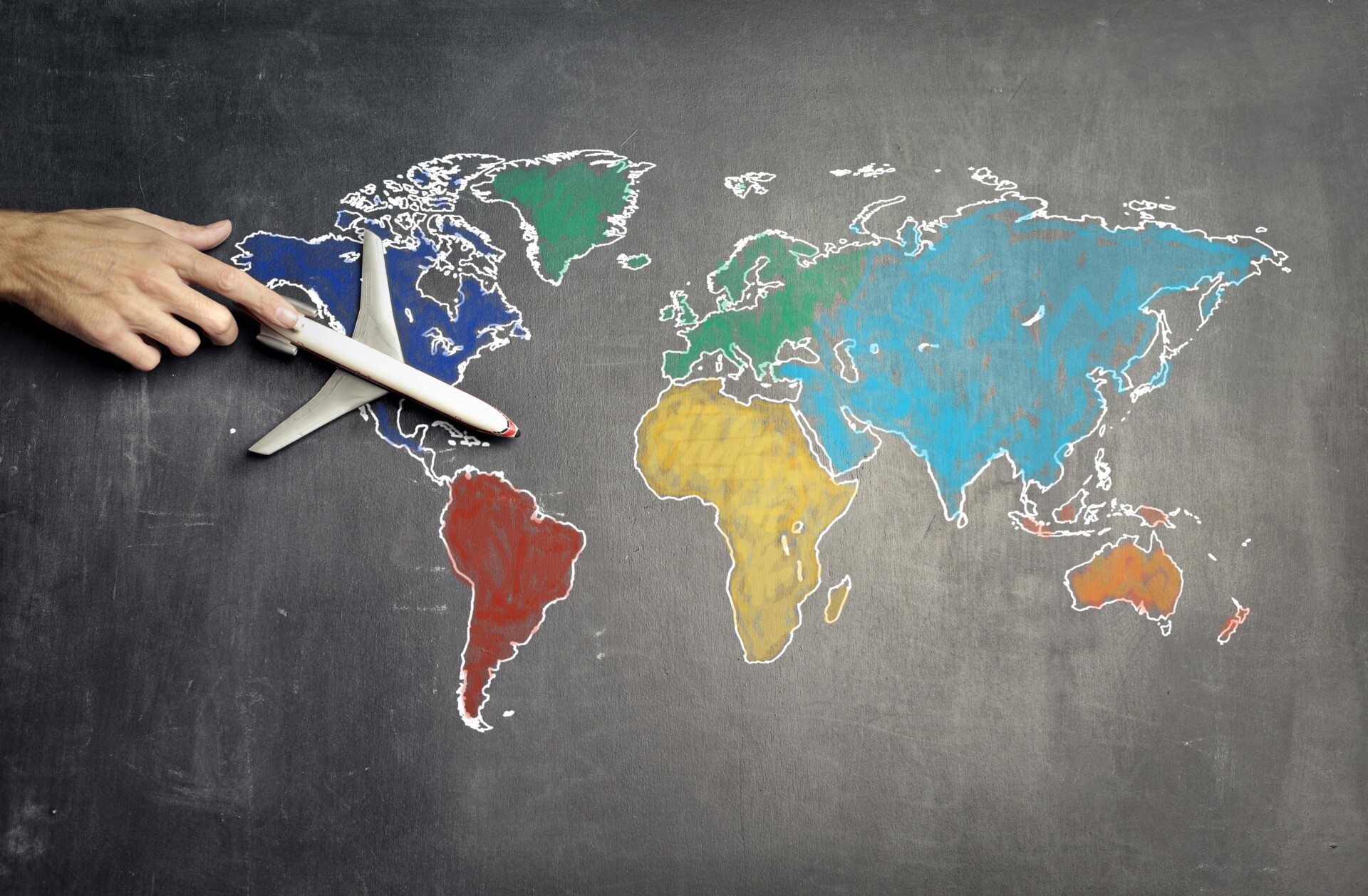In today’s digital marketplace, the opportunity to expand your e-commerce business globally is vast. However, reaching customers across different regions involves more than just making your products available on a global platform. Effective localization is key to attracting and retaining customers from diverse markets. Here’s how to master multi-region e-commerce strategies to optimize your online store for different cultural, linguistic, and economic landscapes.
Understand Local Market Dynamics
Before you dive into a new market, it’s crucial to understand the local consumer behavior, preferences, and trends. Conduct market research to gather insights about:
- Cultural nuances: What cultural factors influence buying decisions?
- Preferred payment methods: Do they prefer credit cards, e-wallets, or COD?
- Popular Products: What types of products are in demand?
Tailor Your Website for Local Audiences
A one-size-fits-all approach doesn’t work in multi-region e-commerce. Customize your website to cater to local tastes and expectations:
- Language translation: Use professional translation services to ensure that your content resonates with local audiences without losing your brand’s voice.
- Currency conversion: Display prices in the local currency to simplify the buying process for international customers.
- Localized content: Create region-specific content that addresses local issues, celebrations, or needs to enhance engagement.
Optimize for Local Search Engines
SEO strategies that work in one country may not be effective in another. Optimize your website for local search engines by:
- Using local keywords: Incorporate region-specific keywords into your content.
- Understanding local SEO rules: Each country’s search engine algorithms might differ. Adapt your SEO practices accordingly.
- Setting up local domains: Consider using country-specific domains (.uk, .de, etc.) to boost local search rankings.
Streamline Logistics and Shipping
Efficient logistics are the backbone of successful international e-commerce. Enhance your logistics strategies by:
- Partnering with local distributors: This can reduce shipping times and costs.
- Offering multiple shipping options: Different markets might prefer different levels of shipping speed and pricing.
- Handling returns locally: Set up local return centers to make the process easier for international customers.
Adapt to Local Regulations and Laws
Legal compliance is non-negotiable. Each country has its own set of e-commerce regulations concerning:
- Data protection: Adhere to local laws like GDPR in Europe or CCPA in California.
- Product standards: Ensure your products meet local specifications and labeling requirements.
- Taxation: Understand and comply with local tax regulations to avoid legal issues.
Leverage Local Marketing Channels
Identify and utilize marketing channels that are most effective in each region:
- Social media platforms: Platforms popular in one region may not be in another. For instance, WeChat and Sina Weibo are key in China, whereas Facebook and Instagram are more effective in Western countries.
- Influencer collaborations: Partner with local influencers who resonate with your target audience.
- Localized advertising campaigns: Develop ad campaigns that appeal to local values and norms.
Provide Localized Customer Service
Excellent customer service can make or break your e-commerce business:
- Local language support: Offer customer support in the local language to improve communication.
- Understanding local holidays: Tailor your support hours to match local working days and holidays.
- Quick response time: Ensure your customer service team is quick and responsive, catering to the local time zone.
Conclusion
Expanding your e-commerce business across multiple regions requires a thoughtful approach that respects and adapts to local variations in consumer behaviour, legal requirements, and logistical challenges. By effectively localizing your strategies, you can ensure that your global expansion efforts are successful. Remember, in e-commerce, local insight drives global growth.




